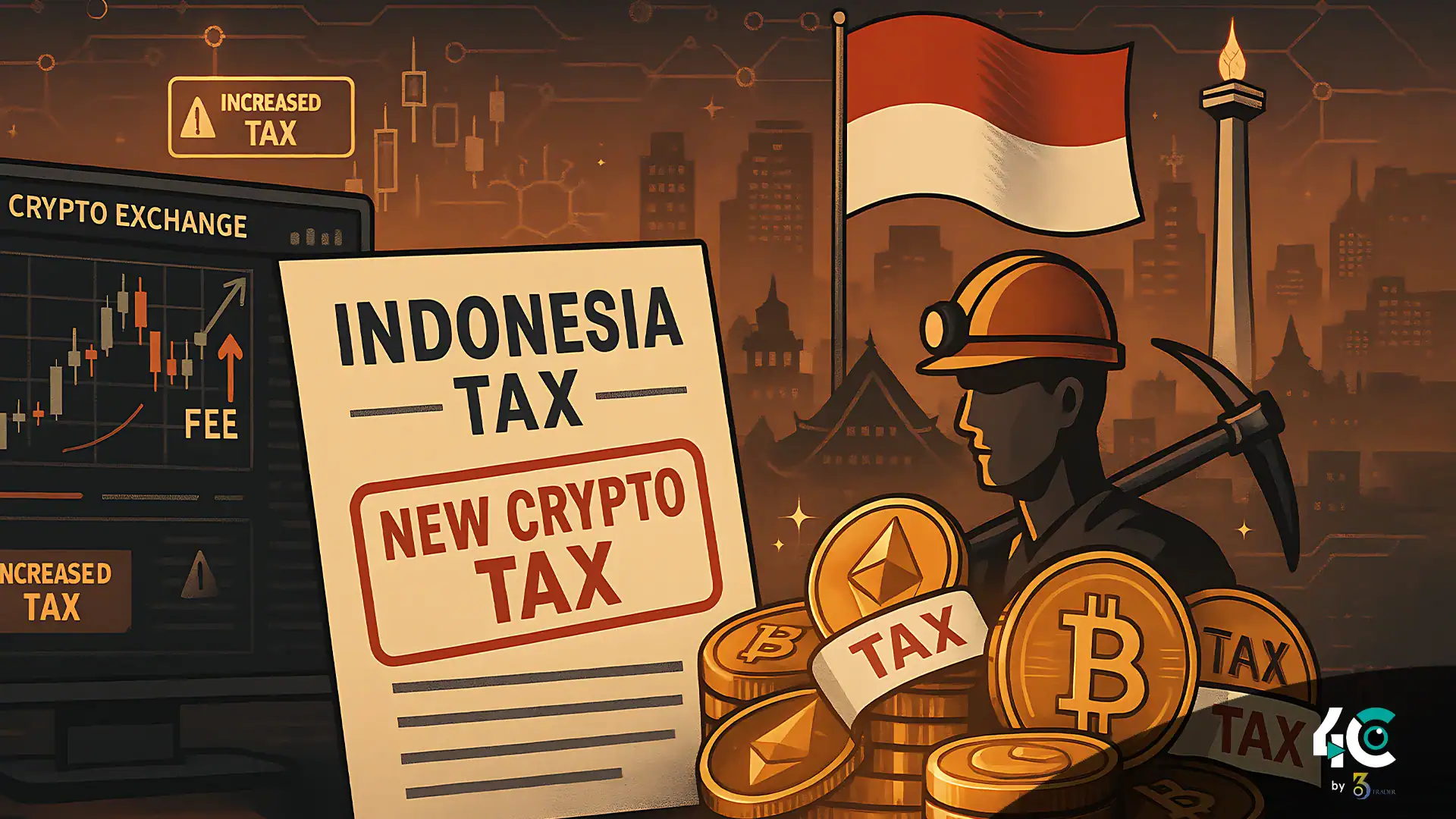Crypto Traders and Miners to Face Higher Taxation
Indonesia is tightening its grip on crypto taxation with new regulations that increase tax rates for sellers and miners, while providing relief to buyers. The updated framework, effective August 1, 2025, is part of the government’s push to adapt tax laws for the growing digital asset market.
Under the new guidelines issued by the Ministry of Finance (Regulations No. 50/2025 and No. 53/2025), crypto sales on domestic exchanges will now incur a 0.21% income tax, up from the previous 0.1%. For trades on foreign exchanges, the rate jumps to 1%, five times the earlier 0.2%.
Miners Face Higher VAT and Stricter Compliance
Crypto miners will also see their value-added tax (VAT) on mining services rise from 1.1% to 2.2%. Meanwhile, their income will be taxed at a flat 0.1% initially, but starting in 2026, it will fall under Indonesia’s standard personal or corporate income tax categories based on business structure.
Miners are now required to register as “taxable entrepreneurs.” Failure to comply will result in taxation under the broader national tax laws.
VAT Relief for Buyers
While miners and sellers face steeper taxes, buyers will benefit from a VAT exemption. Previously, buyers paid VAT ranging from 0.11% to 0.22%. Retail investors trading crypto assets not classified as securities will now be exempt, a move expected to encourage more local participation.
Regulatory Push for Transparency and Growth
Finance Minister Sri Mulyani Indrawati emphasized that the revised tax regime brings legal clarity to Indonesia’s rapidly evolving crypto sector. By exempting buyers from VAT, the country signals its intention to treat cryptocurrencies more like financial assets rather than commodities.
Local exchange Tokocrypto, backed by Binance, welcomed the updates but called for a grace period and additional fiscal incentives to help businesses adjust. They also urged stronger enforcement against unregulated offshore trading.
Indonesia aims to grow its domestic crypto ecosystem while ensuring it remains globally compliant. Although local businesses will face stricter obligations, the changes are designed to build a more transparent and sustainable digital economy.



























